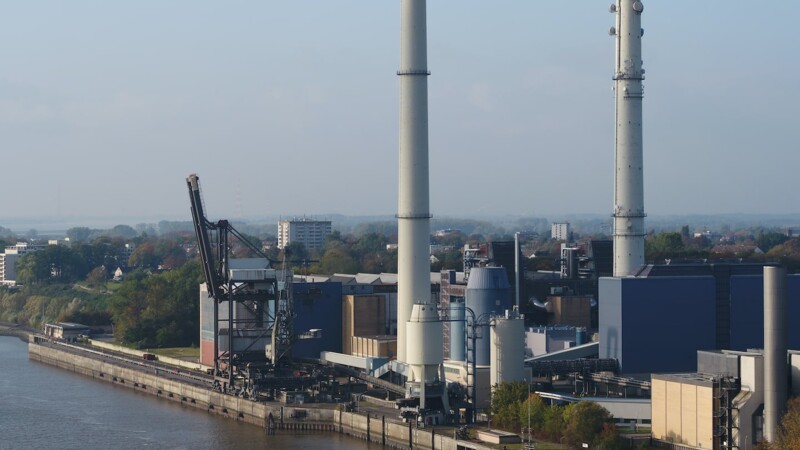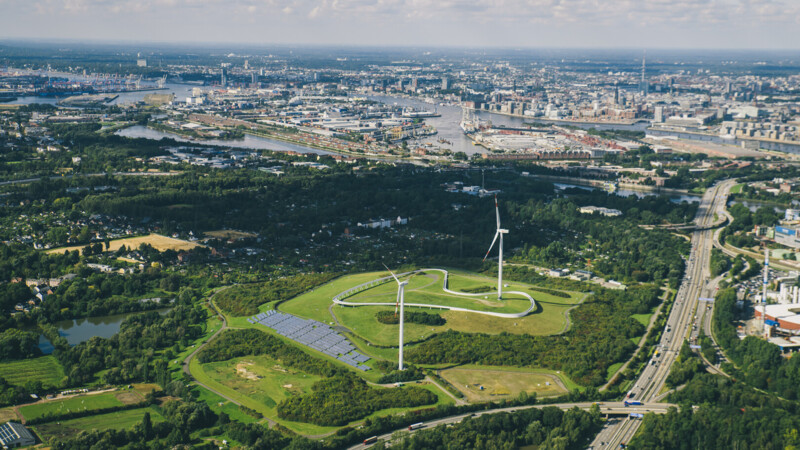"The CO2 savings are impressive despite the impact of coronavirus. The interim report shows a large number of measures are paying off in terms of climate protection and climate adaptation in the city," said Jens Kerstan, Senator for the Environment, Climate, Energy and Agriculture. "We are refurbishing our schools, focusing on zero-emission public transport for buses and trains, and have reached an agreement with the housing sector and industry on more climate protection." Plans for phasing out coal by 2030 have been finalised. The fuel will be replaced by concepts for so-called energy parks to ensure a climate-friendly heating supply in future. The burdens must be shared in a fair and socially balanced manner, Kerstan stressed.
Carbon dioxide emissions in Hamburg have dropped and around 2 million tons of CO2 saved in 2020 over 2012, according to an interim report on the Hamburg Climate Plan presented by the senate Tuesday (November 1, 2022). About 90 per cent of the measures outlined in the climate plan have either been implemented, have already been initiated or are being prepared. CO2 emissions across Germany have dropped by about one third over 1990, according to Statista.
Savings CO2 successfully and sharing measures
Around 35 per cent in CO2 savings and climate change
Carbon dioxide has been cut by 34.7 per cent over 1990, according to a 2020 polluter balance, compared to 20.8 per cent in 2017. The measures in the climate plan include expanded mobility hubs (HVV Switch) and setting up a hydrogen cluster. The Ministry for the Environment and Climate has set up task force focusing on the impact of climate change and adapting in particular the infrastructure in the event of heavy rainfall. The climate plan is to be updated by an urban climate adaptation strategy, energy-efficient building refurbishment and zero-emission public transport with a new frequency by 2030.
nj/pb
Sources and further information
More
Similar articles

Senate agrees additional EUR 25 million for Hamburg Climate Plan

Senate presents climate plan with measures for next ten years

Power-to-heat plant in Wedel celebrates topping-out
